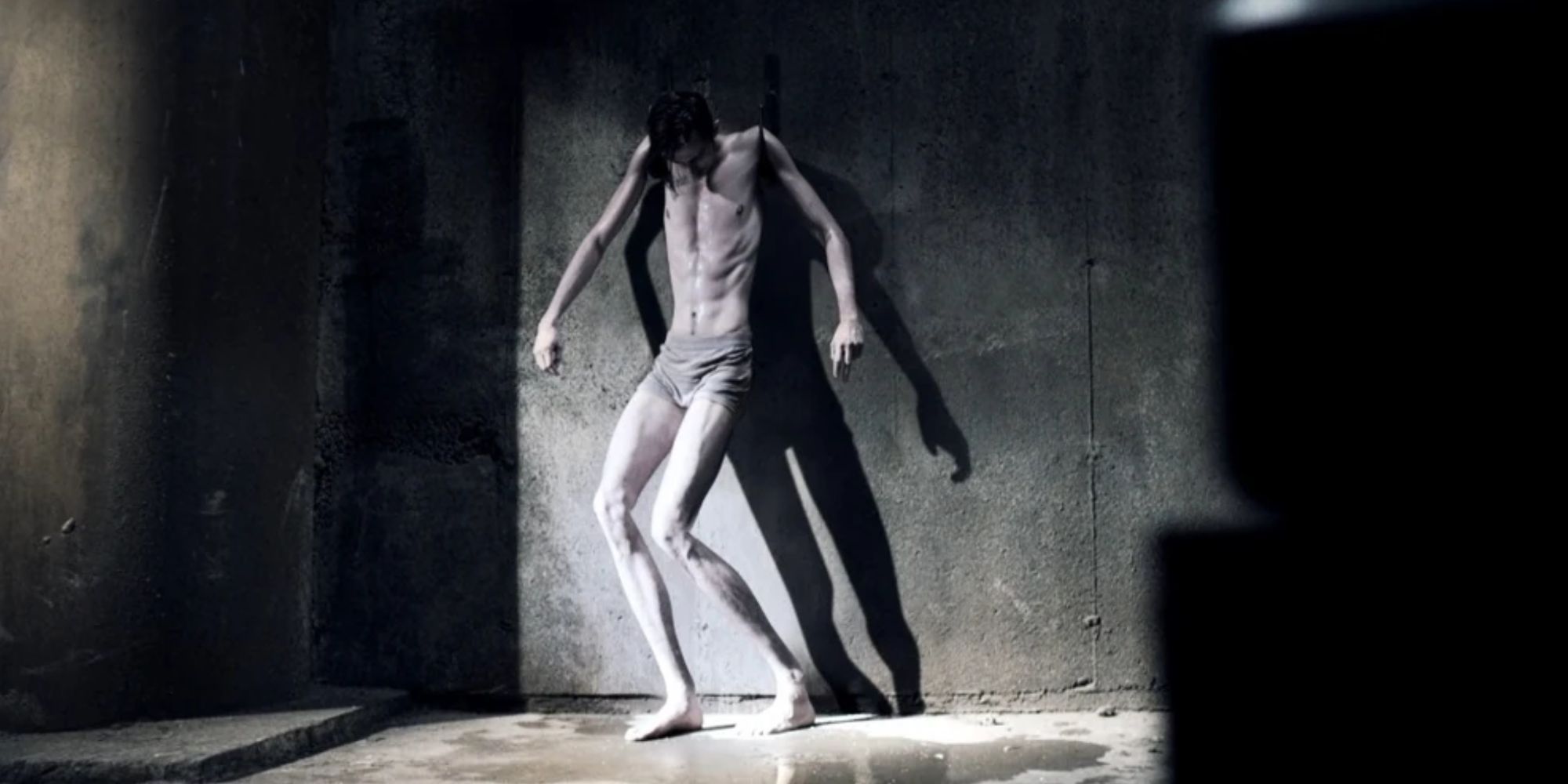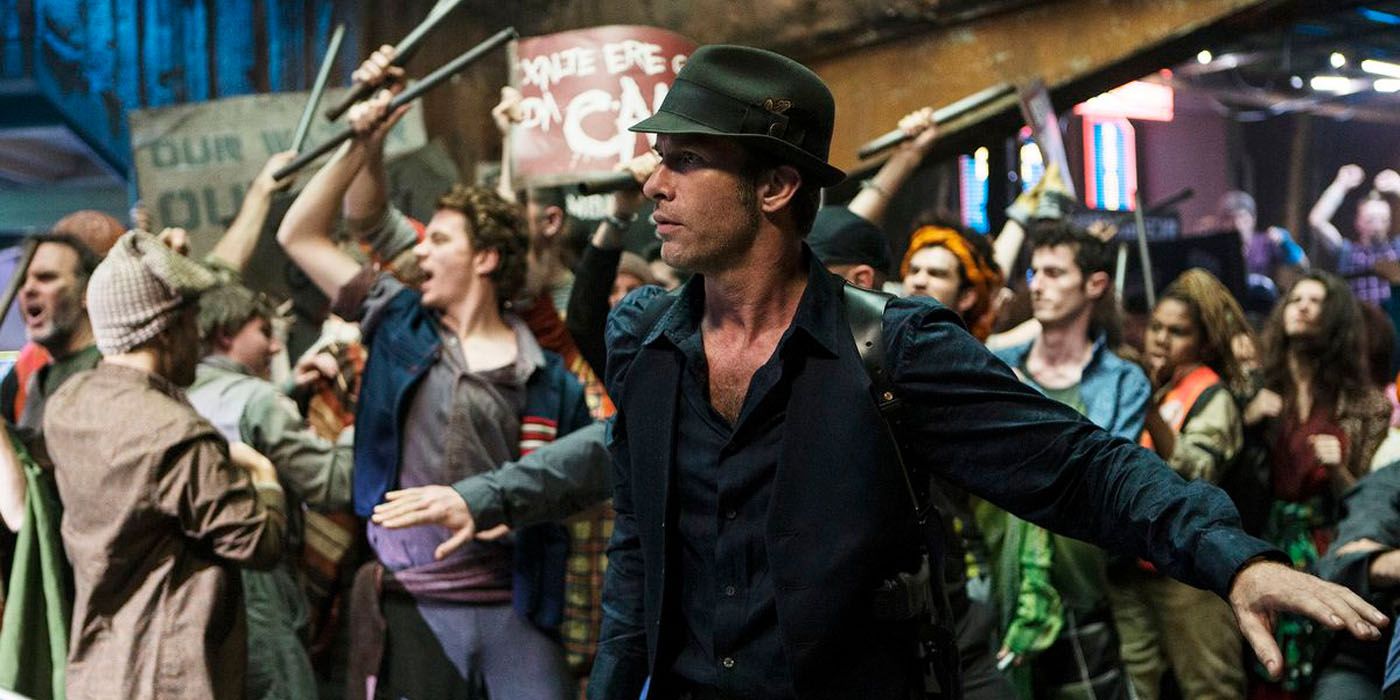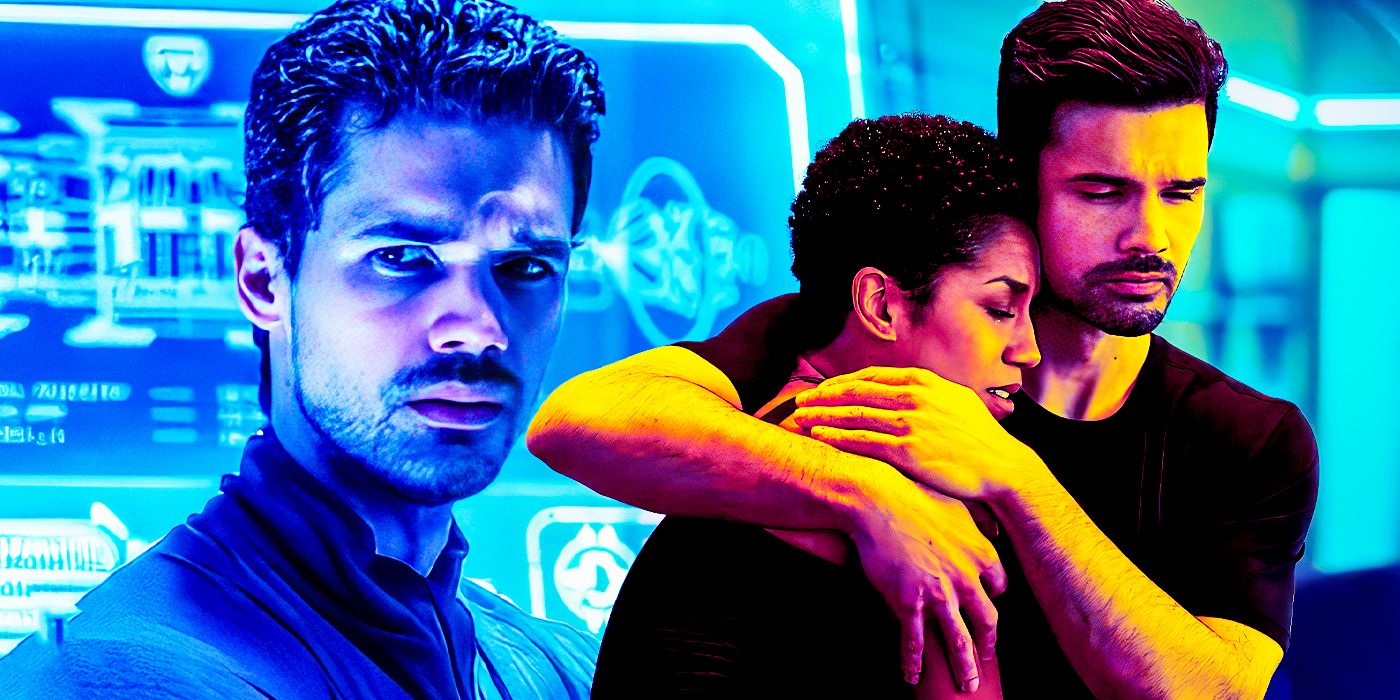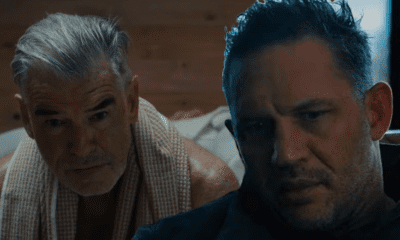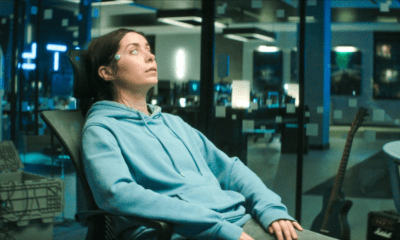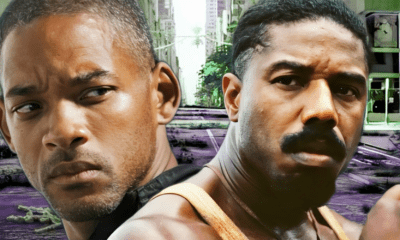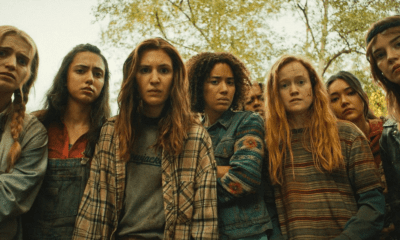Topics
The Expanse Abandoned Its Book-Accurate Depiction Of The Belters After This 1 Scene
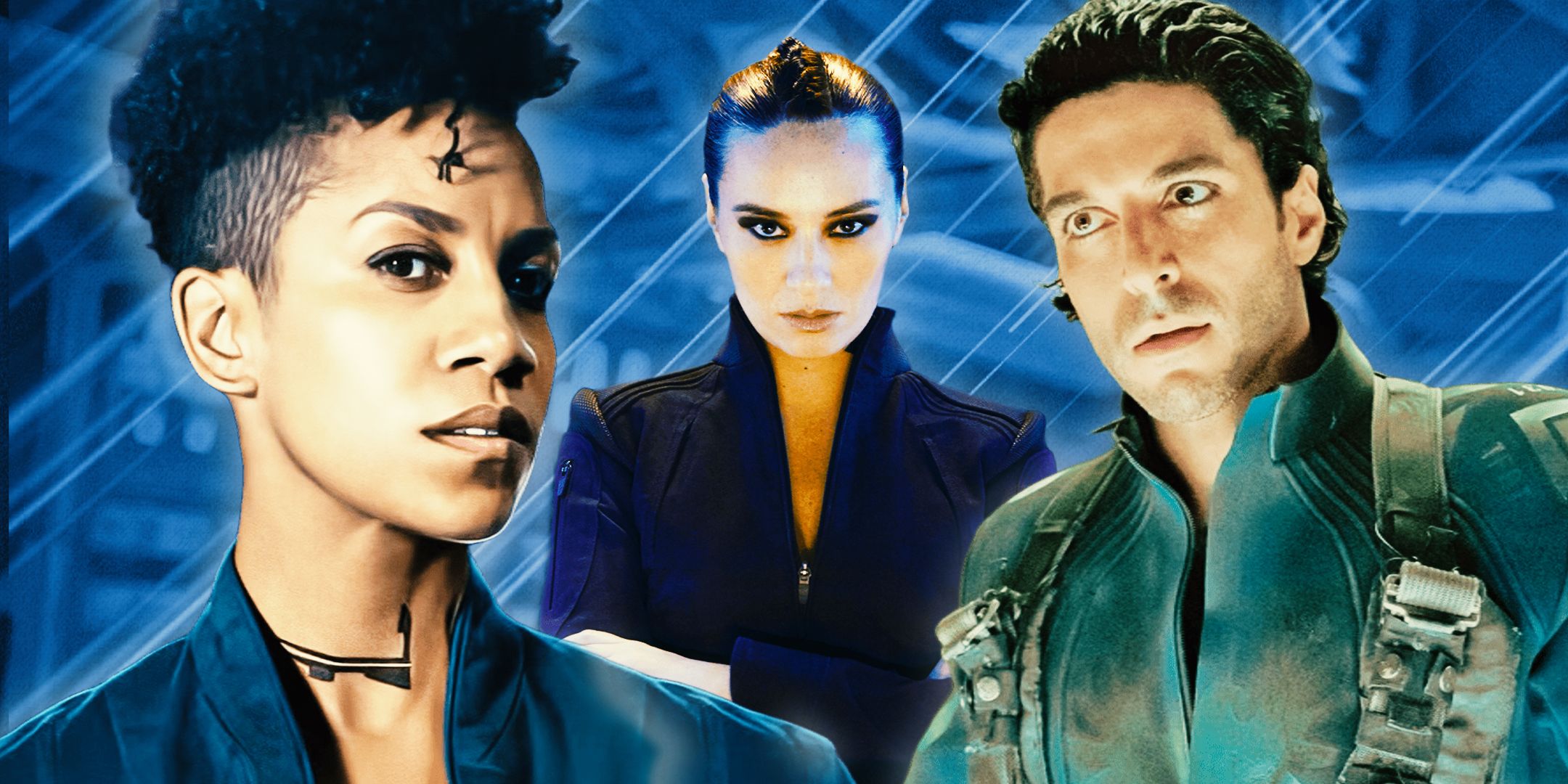
Although largely a faithful adaptation of the novels by James S.A. Corey, Amazon’s live-action version of The Expanse was forced to make one big concession with the Belters – but not before briefly honoring the source material regarding the group’s physical appearance. The Expanse books describe the Belters in a very specific way, but only one of them ever matches that description onscreen – and it’s in just one scene. Despite the challenges and necessary alterations, The Expanse‘s journey from sci-fi books into a TV series turned out to be very successful, and there aren’t many other shows like The Expanse.
Set over three centuries in the future, the world of The Expanse reveals humanity has been split into three main sects. Firstly, there are Earthers – who are basically the same as real-life humans. Next, there are Martians, who are a group of humans who settled on Mars and widely colonized the red planet. Although Earth remains the hotbed of human activity, Mars has a formidable navy and is more advanced than the human homeworld. Finally, there are the Belters, who are perhaps the outliers, and are often treated poorly as a result – despite how essential they are.
The Physical Differences Between The Expanse’s Belters In The Books & TV Show Explained
The Belters in the source material are far taller than in the show
In both the source material and the adaptation, The Expanse establishes the Belters as an industrious sect of humanity that live in space for their entire lives. As such, they develop differently as they grow. For starters, they can’t tolerate planetside gravity – at least not without certain medication, and occasionally conditioning to their new environments. Either way, they can’t stay anywhere indefinitely that has stronger gravity than a ship or space station. Growing up away from a planet’s gravity, their bones are less dense and some organs – like their lungs – are forced to work incredibly hard.
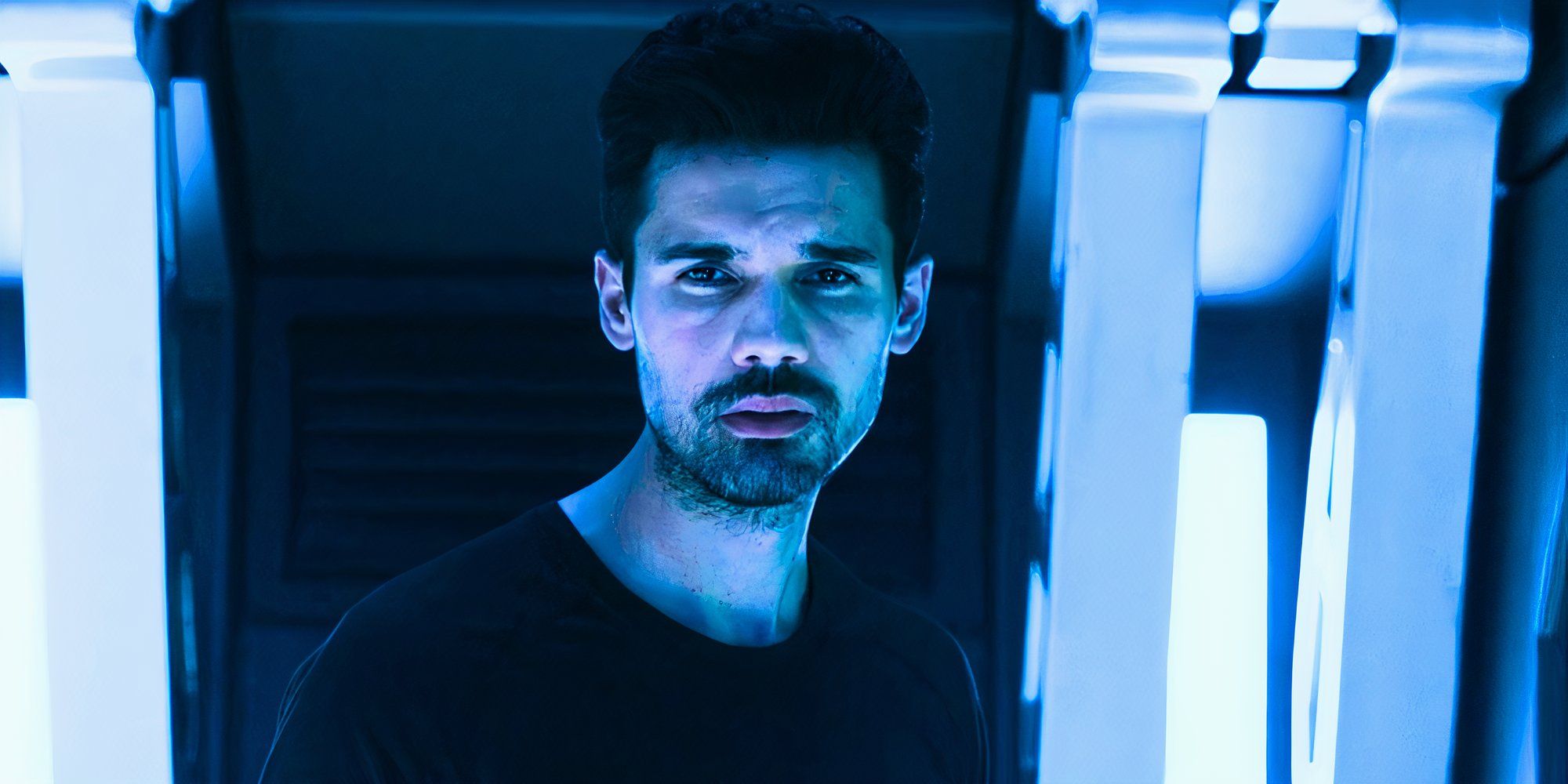
Related
The Expanse ended in a way that was arguably very unsatisfying, but Amazon’s upcoming space opera from the same writers should avoid the same fate.
James S.A. Corey’s original version of The Expanse describes the Belters differently from how they appear in the show, but the source material’s depiction of the group is arguably far more logical. The books’ Belters are far taller, spindlier, and generally weaker than their TV counterparts. When I read the novels, I imagine them as almost alien-like, although nothing quite so extreme. The reduced gravity to which they’re accustomed has resulted in them growing to far greater heights, and their skeletons and musculature aren’t suited to long-term exposure to planetside environments.
Martians also struggle on Earth due to being born and raised on a planet with weaker gravity. However, they look no different from those born on Earth, and can comfortably remain on the human homeworld for far longer than Belters can – with medical intervention.
Almost every disadvantage held by the Belters is carried into the TV show, apart from how they look. In the show, they’re played by regular actors who aren’t cast to resemble how the group of spacefaring humans appear in the novels. At first glance, they may appear to be human or Martian, but other physical signifiers, like their tattoos or the functional way they dress, quickly make it clear that they are actually Belters.
The Only Book-Accurate Belter Can Be Seen In The Expanse’s First Episode
Avasarala is forcefully subjecting a Belter to Earth’s gravity in “Dulcinea”
Although Amazon ultimately decided not to use Corey’s depiction of the Belters’ physical appearance, The Expanse‘s 2015 premiere, “Dulcinea,” does still include a book-accurate version of a Belter near the beginning. Suspected OPA terrorist Heikki Sobong (Joe Delfin) can be seen enduring gravity torture at the hands of Chrisjen Avasarala (Shohreh Aghdashloo), and Delfin’s character is a like-for-like match of how Belters are described in the books. He has been propped up against the wall and left to suffer at the hands of Earth’s gravity.
Avasarala voices her knowledge in “Dulcinea” that gravity torture could kill Heikki Sobong, but seems more concerned with extracting the information she’s looking for.
This book-accuracy of the Belters in this scene is cool, but it creates a canon problem. Put simply: If this Belter matches the description in the source material, why don’t the others in the show? This is never resolved, but I think I have a fairly reasonable explanation. It’s possible that Heikki Sobong didn’t always look so book-accurate, but rather ended up that way as a result of the gravity torture that he endured. His Belter physiology just isn’t built for life on Earth, so it could have severely stretched him out and warped his bones.
The Books’ Belters Are Cool, But Wouldn’t Have Worked In The Amazon Show
Towering Belters would have been difficult and strange in a live-action adaption of Corey’s work
James S.A. Corey (which is actually a pen name for the writing duo Ty Franck and Daniel Abraham) is great at including logical little details in the book that ultimately balloon into something visibly noticeable or salient within the space opera’s impressive lore. The Belters being so tall and willowy because of a life spent in low (or no) gravity is a compelling facet of their character design that many other sci-fi sagas can often ignore. The image is a great way to add to The Expanse‘s worldbuilding in the pages of Corey’s novels, but a tricky thing to adapt.
Although figures like Doug Jones are known for portraying tall and spindly characters, great actors like that don’t come around all too often.
If The Expanse had been made into an animated project, I think keeping the Belters as towering, skeletal figures would have worked pretty well. In live-action, it would have perhaps looked a little too comical. Not only would it have made the romance that developed between James Holden (Steven Strait) and Naomi Nagata (Dominique Tipper) a bit unusual, but the characters would either need to be CGI or cast with an array of very specific actors. Although figures like Doug Jones are known for portraying tall and spindly characters, great actors like that don’t come around all too often.
Amazon’s Version Of The Expanse Found A Better To Make The Belters Stand Out
The Belters’ language from the novels was heavily built upon in the TV show
Even though The Expanse dispensed with the original description of the Belters, it was still very easy to tell which characters grew up without the advantages of planetside amenities. The exception to this is perhaps Detective Miller (Thomas Jane), who looks like he could come from the Inner Planets. Then again, this was probably intentional, as he is seen as a traitor by many others in Belt due to his perceived allegiance to humanity’s other sects. Although there are some visual clues to announce a character as a Belter, the show does something else – and better than the source material.
Related
The Expanse Ignored One Of The Oldest Sci-Fi Tropes (& It Was Much Better For It)
The Expanse tends to avoid certain sci-fi tropes. However, there’s one in particular that has a huge impact on the show’s narrative at large.
Corey’s novels reveal the Belters speak to each other in what is essentially an entirely new language. Known as Belter Creole, the way those in the Belt often communicate is an interesting blend of clipped English and other languages. It’s mentioned and even quoted in the source material, but the adaptation doubles down on Belter Creole in a way the novels never could. Because the show obviously boasts an audio element, it makes perfect sense for this to happen. It feels like a far more fleshed-out language in The Expanse, and becomes a vital part of identifying Belters.
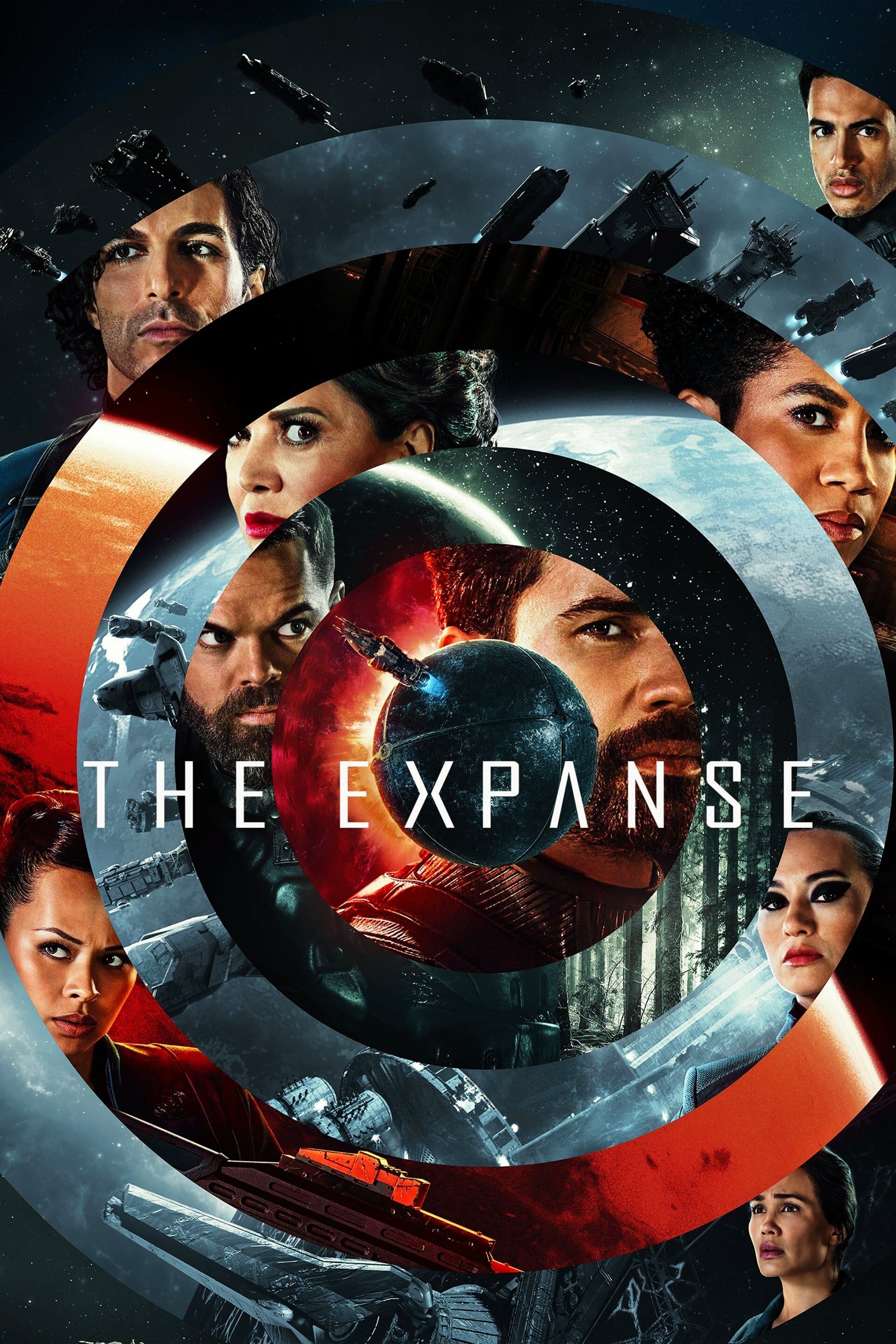
- Release Date
-
2015 – 2021
- Showrunner
-
Naren Shankar, Mark Fergus, Hawk Ostby
- Writers
-
Mark Fergus, Hawk Ostby
- Franchise(s)
-
The Expanse

